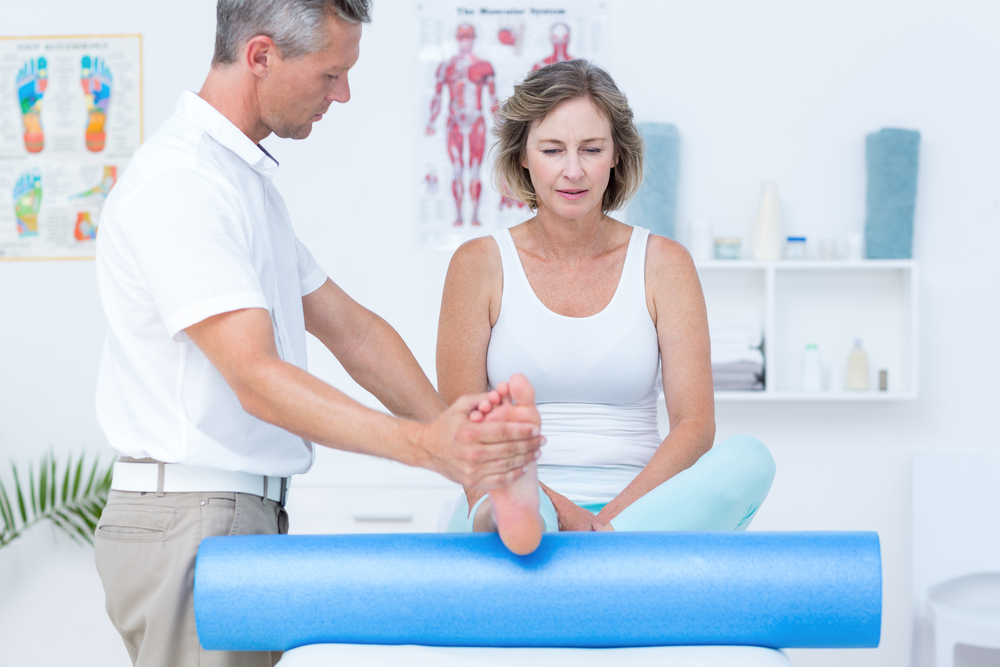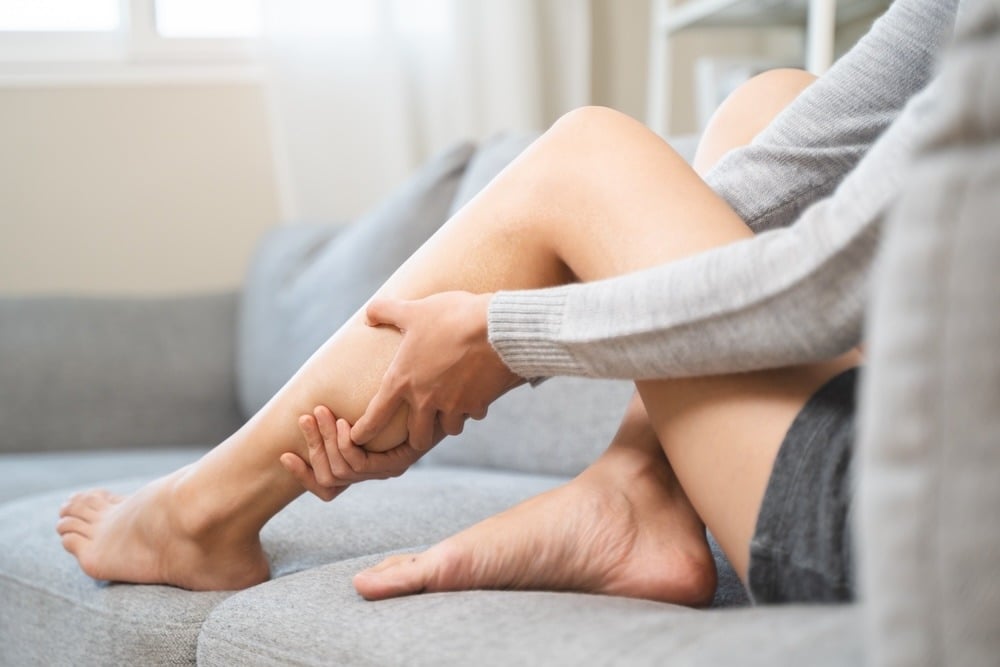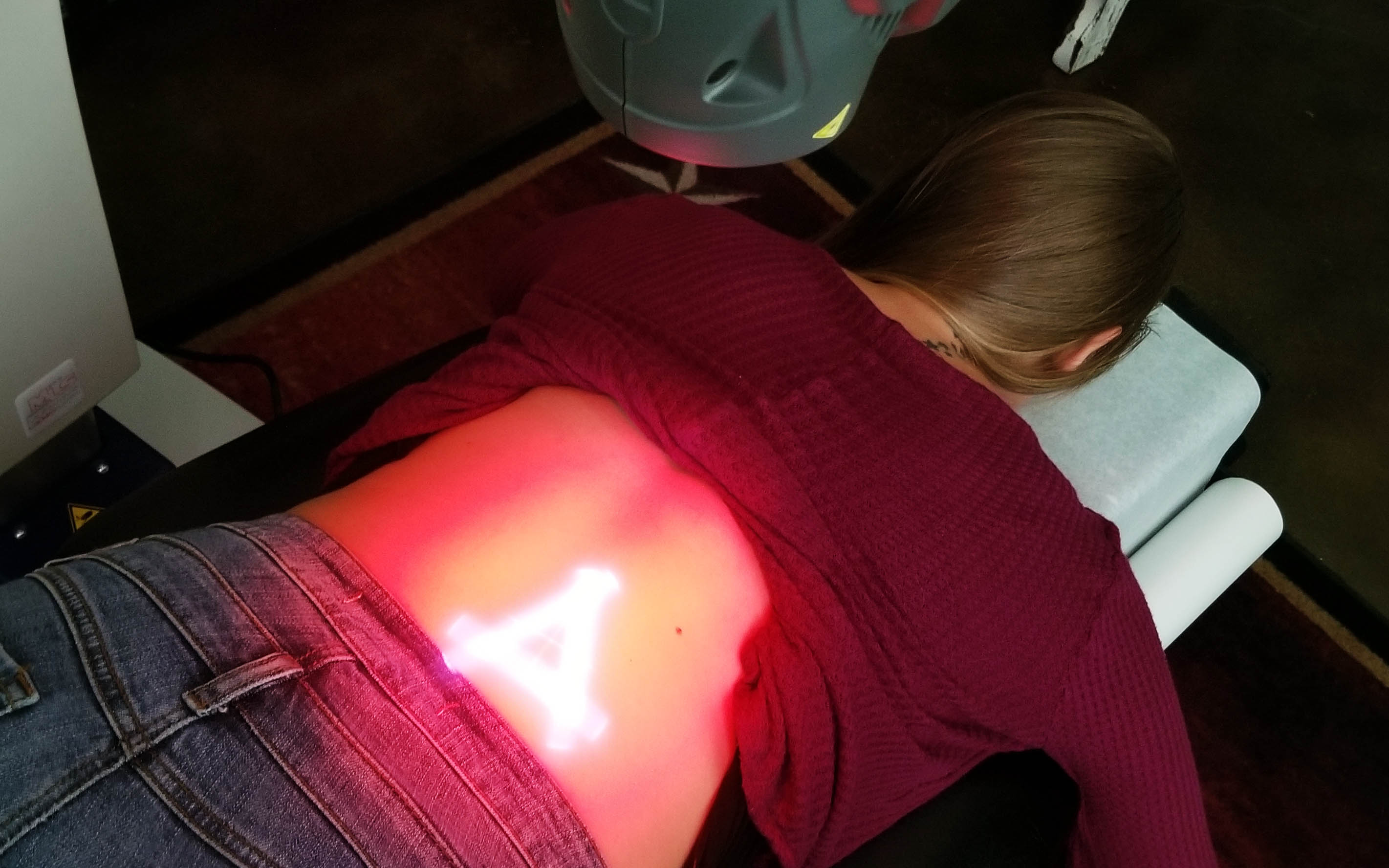Why Do Your Muscles Ache And What Can You Do About It?
5 min read

We've all experienced the dull, constant aching of a muscle - especially as we get older. Most of the time, muscle aches go away within a few days on their own. If you're experiencing aching muscles and you're not sure what caused it, or the aching just won't go away, a visit to the chiropractor can help you identify the cause of the problem and find ways to give you relief.
Common Causes of Muscle Aches
Here are some common causes of muscle aches. We're probably aware of the reason why we're aching in these cases, but be sure that the aches are starting to go away after a few days. If not talk to your chiropractor.- Delayed onset muscle soreness- This is usually caused by a tough workout. It's a side effect of your muscles getting stronger and can be a good thing. In these cases a soak in an epsom salt bath for 20 minutes and a massage can give you relief and help you to get moving sooner. But, if you have pain that doesn't go away after 2-3 days, or the pain is sharp, stop working out and schedule an appointment with the chiropractor.
- Injury. You can get sore muscles from all sorts of injuries ranging from lifting something that is too heavy (like a child or while doing yard work), or even from an auto accident or other personal injury that makes it hard for you to get moving again because you're in pain. There may also be torn muscles or ligaments in some cases that you should have looked at by a medical professional. They key here is to take action. Don't ignore it after about 4-5 days. Make an appointment with the chiropractor.
- Stress. If you are too stressed, tension can form in parts of your body, resulting in muscle aches. This most common results in soreness in the neck and shoulders, which can be accompanied by a headache. Poor posture can also contribute to these kinds of aches. Massage therapy and even spinal adjustment can be good here to relieve tension in muscles and realigning your spine for better blood and oxygen flow.
How Do You Know If Sore Muscles Are Caused by a Medical Condition?
Everyone these days pauses for a moment every time they sneeze or feel something out of the ordinary. Some viruses can cause muscle aches including the flu and COVID-19. If you can't pinpoint a reason you might have muscle soreness, and you have other symptoms of a virus such as headache, coughing, or fever be sure to contact your medical provider who may want to have you tested before recommending any treatments.
Some other medical conditions can cause muscle aches.
- Lyme disease. Caused by a bite from an infected tick, Lyme disease causes whole-body soreness. Prevent Lyme disease by using tick repellent any time you are hiking or walking in wooded areas, especially ones with a lot of undergrowth. Be sure to use repellent on your shoes, the cuffs of your pants, and your hat (ticks sometimes drop out of trees on you).
- Chronic fatigue syndrome. Patients with CFS experience muscle soreness, as well as inexplicable fatigue, difficulties with memory or concentration, headaches, a sore throat and waking up as tired as when you went to bed. There may be benefits of massage and regular chiropractic care for these patients to minimize their pain.
- Lupus. Lupus is a systemic autoimmune disease that can affect any part of your body, and is more common in women. Most people with lupus get muscle aches caused by inflammation of certain muscle groups, causing pain and weakness. There are chiropractic treatments that can help lupus patients. Be sure to tell the chiropractor if you have lupus so they can tailor a plan to your condition and how you're feeling each time you come into the office for treatment.
- Meningitis. Meningitis is a serious condition that can can cause muscle pain as well as the severe headache, high fever and a stiff neck. Seek medical treatment right away if you're experiencing this combination of symptoms.
How to Manage Muscle Aches
For most muscle aches, the best initial treatment is RICE (Rest, Ice, Compression, and Elevation). Other things you can try are:
- Stretching and flexibility exercises, particularly after a hard workout.
- Applying a heating pad, either on its own or alternating with ice packs.
- Drinking enough water. Muscle aches are worse if you are dehydrated.
If the ache is not caused by an underlying medical condition and is interfering with activity, including sleeping, take an over-the-counter pain reliever. Ibuprofen is known for relieving inflammation in muscles. If you have a diagnosed medical condition causing muscle soreness, only take medications approved by your doctor.
You should see a doctor if:
- You have been bitten by a tick
- You have a rash along with sore muscles
- There is any redness or swelling around a sore muscle, which may indicate an infection
- Your muscle pain occurs after you start taking medication or increase your dose
- You also have a headache, high fever, and stiff neck, which may indicate meningitis
Chiropractic Treatments That Can Relieve Muscle Pain
Most muscle aches from injuries or overuse resolve quickly on their own. Regular visits to the chiropractor, especially for active individuals, can help both reduce the time you are sore and prevent you from getting sore in the first place. Treatments include:
- Massage. Simple massage therapy can be one of the best treatments for a stubborn muscle ache. A good massage therapist will help your muscles release and relax. Regular massage also keeps your muscles looser, helping you avoid injury from sudden movement or overuse.
- Spinal adjustment . Manual adjustment realigns your spine which can reduce strain on some of your muscles. It can also improve circulation and reduce inflammation, which can help reduce muscle pain.
- Cold laser therapy is used to speed the healing of damaged muscle. A low intensity laser is used to improve circulation to the treatment area, resulting in faster healing.
- Electrical muscle stimulation. This delivers mild electrical stimulation to your muscles, encouraging them to relax. This helps with muscle aches caused by stress and tension, and also reduces inflammation.
How to Avoid Muscle Aches
Stretching should be part of your workout, especially at the end as you cool down. There is evidence that stretching cold muscles can cause problems. Remember to use good form when running, playing sports or doing other physically active things. And stay hydrated! It's important for just about everything related your physical and mental well-being!
If you have stubborn or repeated muscle aches,
 in The Woodlands to make an appointment and find out how we can help you be pain free.
in The Woodlands to make an appointment and find out how we can help you be pain free.
More from Our Blog on This Topic
2 min read




